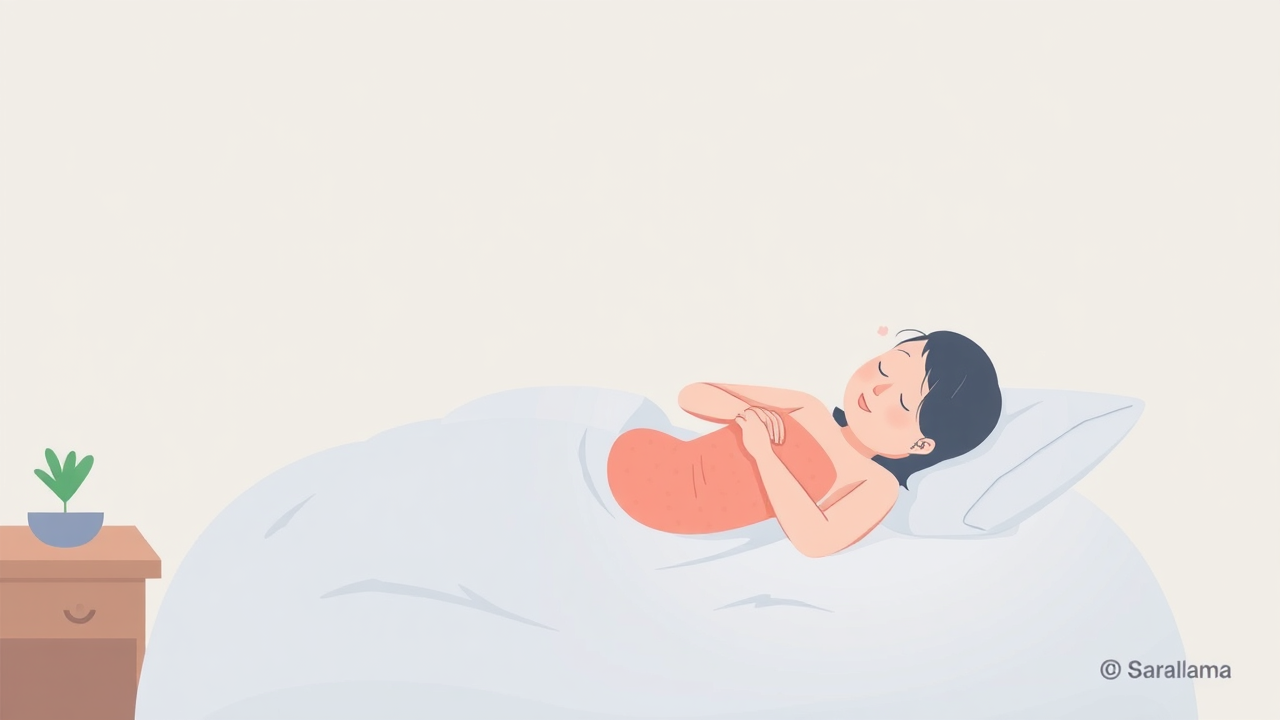A gastroenterologist trained at AIIMS, Harvard, and Stanford Universities has highlighted how common bedtime habits can harm the gut-brain axis, the communication network linking the digestive system and brain. Dr Saurabh Sethi shared in an Instagram video that habits like late-night eating, screen use before sleep, evening caffeine, and alcohol consumption disrupt both sleep quality and gut health. These practices interfere with melatonin production, delay gastric emptying, and disturb the body's circadian rhythm, leading to microbial imbalance and inflammation. The gut-brain axis relies on consistent sleep patterns for proper functioning, as disrupted sleep affects neurotransmitters like serotonin, which are mainly produced in the gut. Experts recommend finishing dinner at least three hours before bed, avoiding screens 60 minutes before sleep, and cutting caffeine after 2 pm to support gut recovery and mental well-being.

How Bedtime Habits Disrupt Gut and Brain Health
Dr Saurabh Sethi explained that eating too close to bedtime prevents the gut from resting, delaying gastric emptying and causing reflux. He advised finishing dinner at least three hours before sleep. Scrolling on phones suppresses melatonin due to blue light, disrupting sleep and gut microbial rhythms; screens should be turned off 60 minutes before bed. Even one evening cup of caffeine disrupts REM sleep and gut repair, so caffeine should be avoided after 2 pm. Alcohol weakens the gut barrier overnight despite seeming to aid sleep. Irregular sleep schedules disturb the gut microbiome's circadian rhythm, causing microbial imbalance and inflammation, while stress and overheating elevate cortisol, impairing digestion.
Source: Link
